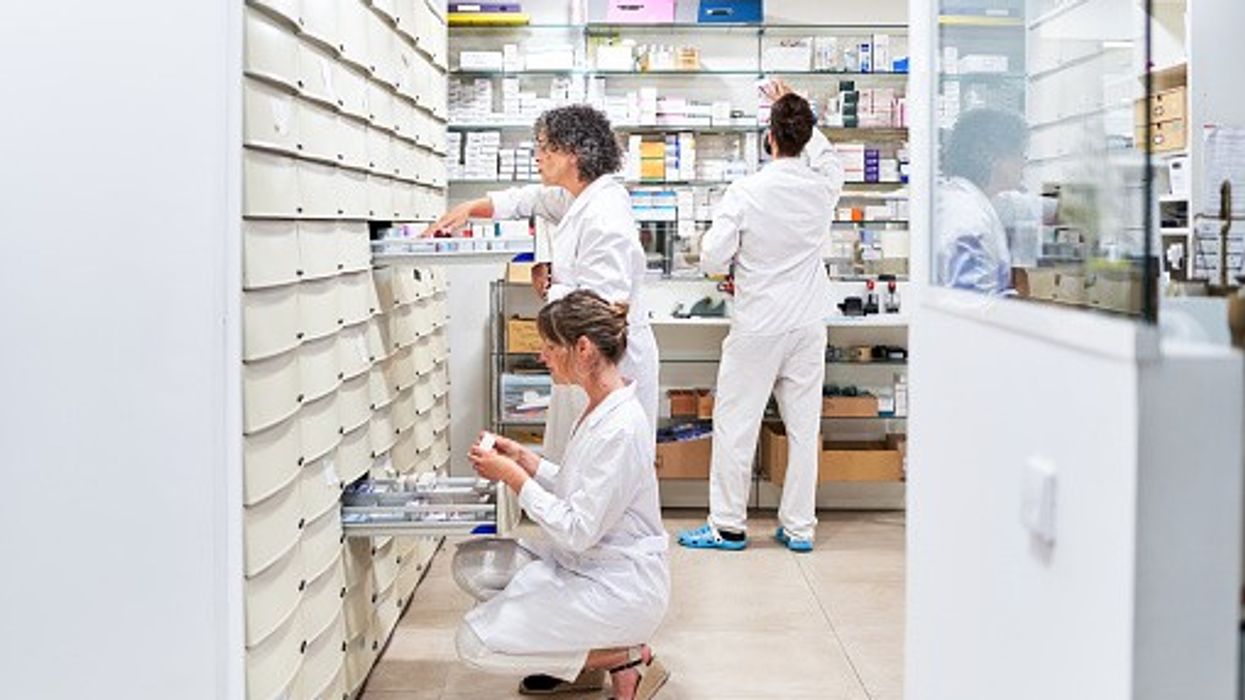The organisation believes that collaboration is key to achieving sustainable pharmacy care
The General Pharmaceutical Council (GPhC) has unveiled its Carbon Net Zero Action Plan for sustainable pharmacy regulation, aiming to achieve carbon net zero by 2040.
The action plan focuses on three main elements: setting an example, incorporating sustainability into regulatory standards, and fostering collaboration for sustainable pharmacy care.
Roz Gittins, Chief Pharmacy Officer at the GPhC, emphasised the urgent need for pharmacy sector to embrace sustainable healthcare practices.
“Climate change is a global emergency and has been declared the biggest threat to public health,” she said, adding that it not only poses health risks but also amplifies existing health inequalities, with immediate consequences for patients, the public and health services.
She highlighted that the GPhC is actively engaged in addressing climate change, both as an employer and regulator.
“Our aim is to positively influence the pharmacy sector to embrace climate action and sustainable healthcare principles in line with our vision to have safe and effective pharmacy care at the heart of healthier communities,” Gittins said.
Gittins added that the GPhC’s commitment to achieving net zero highlights their dedication to reducing environmental impact and contributing to global efforts to combat climate change.
As a first step, the GPhC is committed to reducing its own carbon footprint by “addressing emissions from our office, assessing travel policies, governance practices, and collaborating with our supply chain to reduce emissions.”
Furthermore, the GPhC plans to integrate “greener thinking” into its regulatory framework and the way that it regulates.
This includes incorporating sustainability into the standards it sets, the training it requires, the inspections it conducts, and its communication and engagement strategies.
The organisation highlighted “the need to ensure that the pharmacy sector understands the risks and opportunities associated with climate change, along with the requirements for adaptation to minimise the environmental impacts of pharmacy practices.”
By integrating sustainability into its regulatory approach, the GPhC hopes to encourage pharmacies to take action, ultimately improving patient care and public health.
The GPhC also announced that they will collaborate with pharmacists, pharmacy technicians, students, trainees, pharmacy bodies, other regulators, and public and patient groups to “enable and support the delivery of sustainable pharmacy care.”













